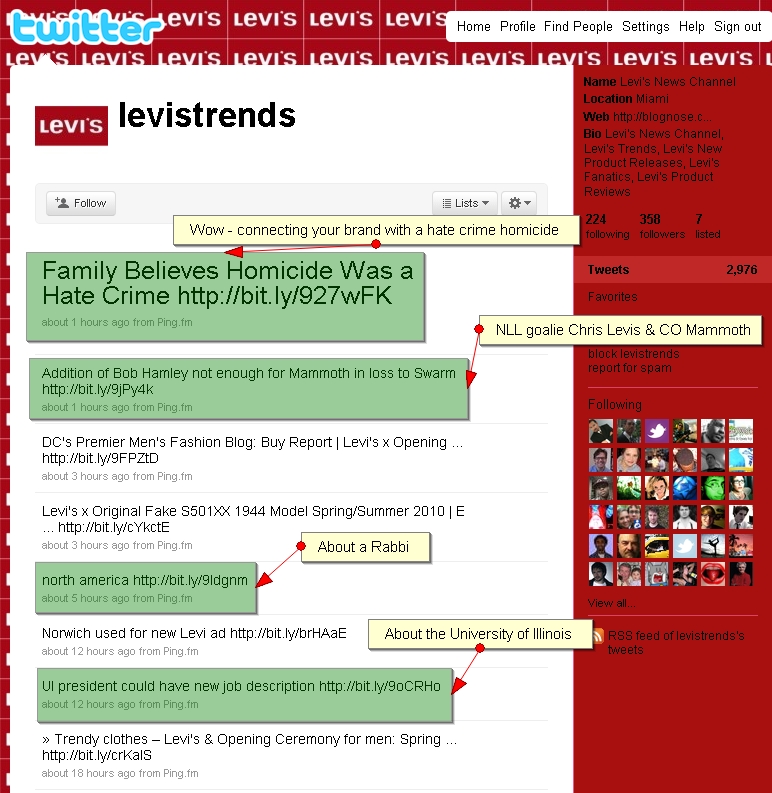 If you have no idea who Dry Erase Board Girl is, click here first. You can find her follow up to it here.
If you have no idea who Dry Erase Board Girl is, click here first. You can find her follow up to it here.
1. It doesn’t have to be fancy
33 photos that appear to be taken in someone’s living room were engaging and got the point across. Not only did it get the point across, it made it easy to share (and boy did people share it) because you could view it from just about anywhere whether you were using a computer or a smart phone.
2. It needs to resonate
While some people are upset over this not being real, most are still okay with it. Many people suspected it was a hoax before it was announced but still shared it. Why? Because it resonated with them. Who hasn’t worked at a job where they wish they could quit like this despite the repercussions?
3. Yes, sex sells, but it can still be subtle
Would this have gone viral if it were a cute guy instead of a cute girl? Probably not. But it also didn’t take a mostly (or completely) naked girl either. Yes, there is a photo of her in a tank and short shorts highlighting her HPOAness, however, the remainder are a head shot and a dry erase board. One thing I’ve heard over and over is how great the actresses’ expressions are. Proving just how powerful a smile can be.
4. Keep it real
While the situation itself may not have been real, the concept was, as well as the actress. Going back to the sex sells point, they could’ve hired someone who looked like a Playboy Centerfold or a model, but they went with someone who was more girl next door. Why? Any of those descriptions would have fit in with the HPOA quitting frustration. Because it would have taken this into the realm of over the top and wouldn’t have resonated as strongly with the audience. Most people know someone or might even be someone like Elyse Porterfield. It added to the realness of it.
5. It needs to fit your goals
The big marketing cliché lately is taking something viral. But… why? Why do you want or need something to go viral? Unfortunately, too few marketers can answer that, or answer beyond a mass marketing mentality.
Does Viral=Sales? Sometimes. Does Viral=Money? Maybe. Does Viral=Branding? Sometimes.
See a trend here? Nobody can accurately predict what will or won’t work 100% of the time.
For TheChive.com, which describes itself as “Probably the Best Site in the World”, the goal more than likely was to drive traffic and probably subscriptions. You know what? I bet they succeeded.


![Reblog this post [with Zemanta]](http://img.zemanta.com/reblog_e.png?x-id=3818f2f2-a847-4e19-9a20-9ddde28a3020)

![Reblog this post [with Zemanta]](http://img.zemanta.com/reblog_e.png?x-id=2cbc1b05-f06f-4a9c-80fc-5f2c87dd896b)
